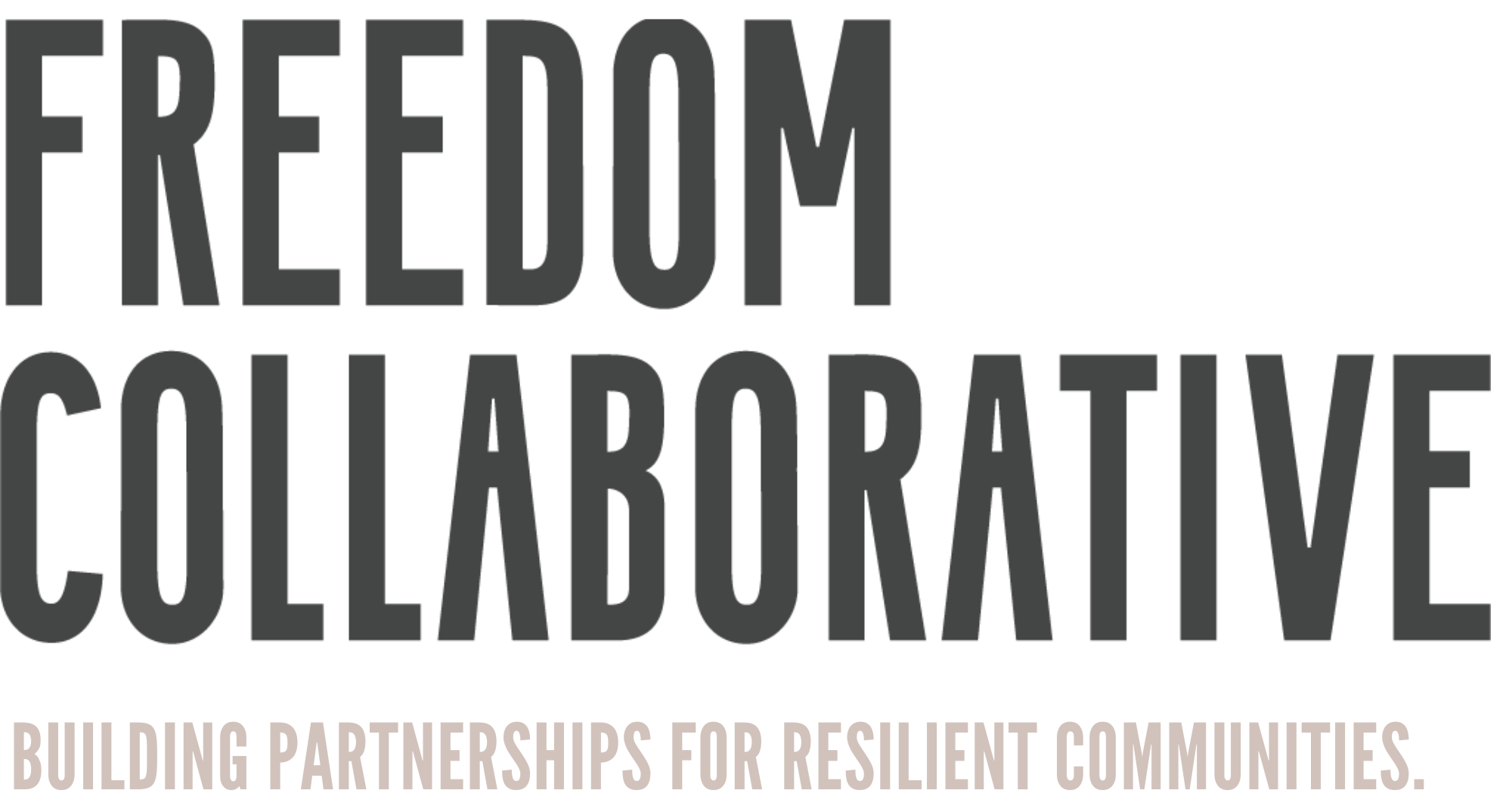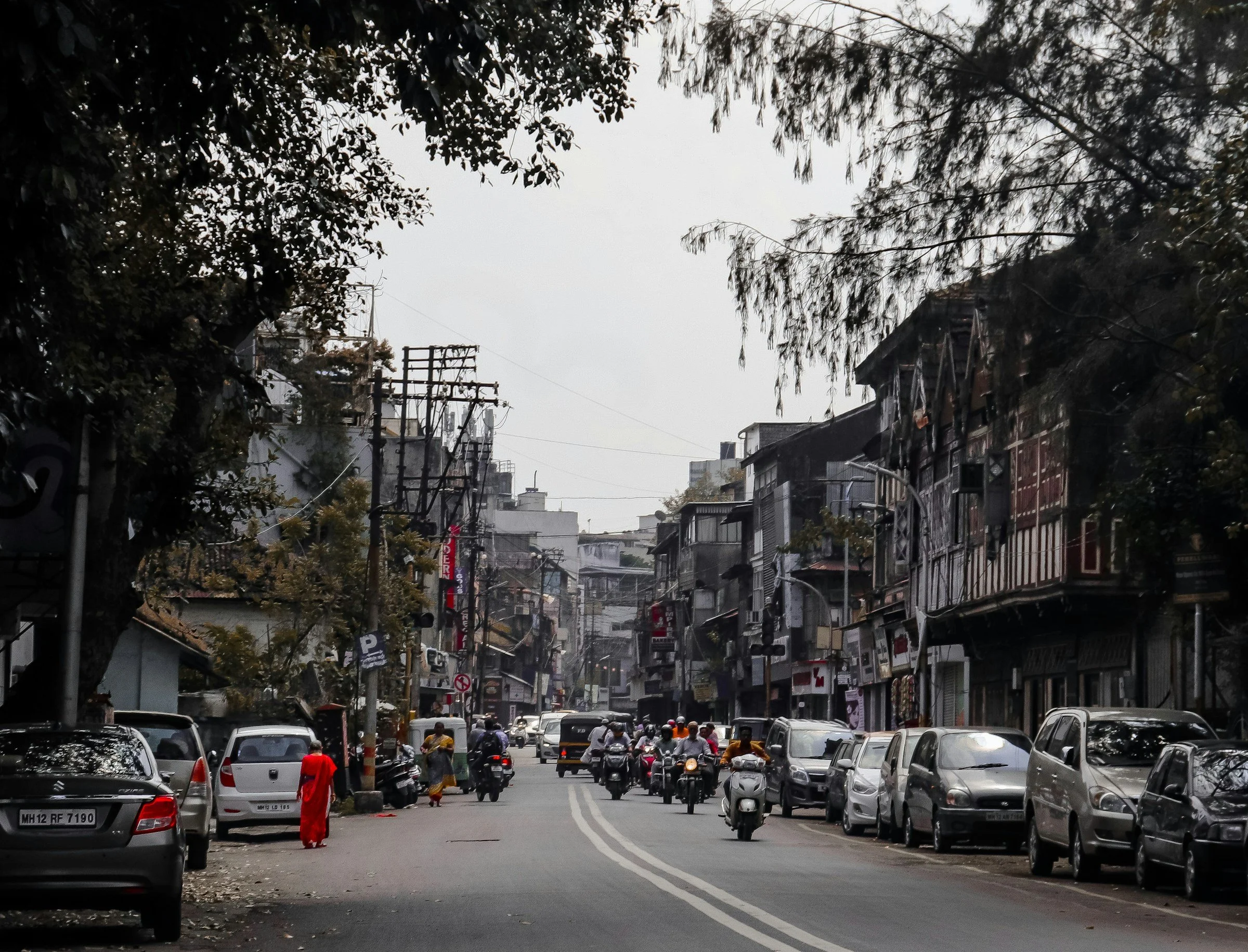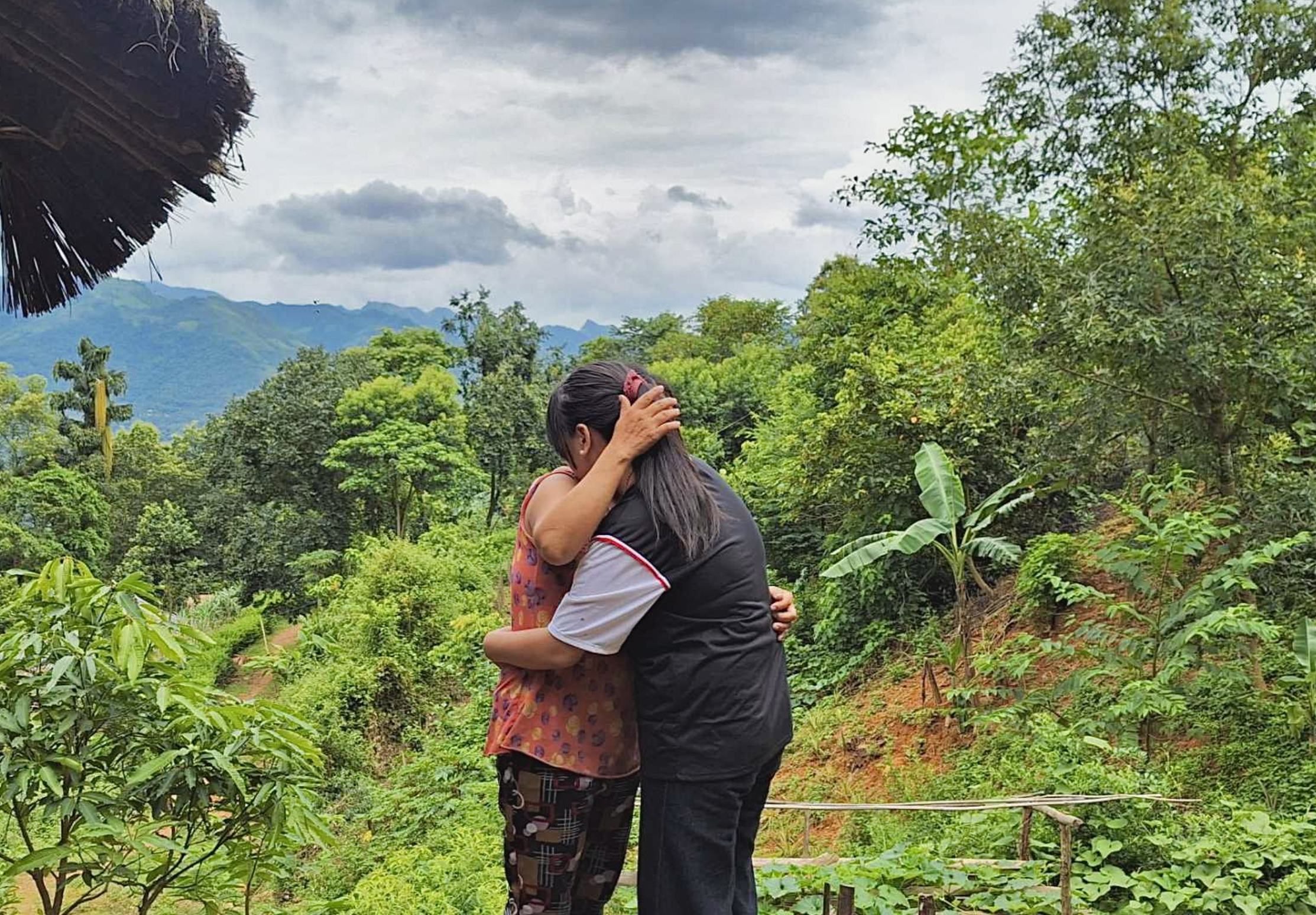NGOs Drive Efforts to Improve on Nepal’s Tier 2 Status
Recent announcements about U.S. government-backed funding for NGOs to counter human trafficking in Nepal and undertake a comprehensive academic study into ways to better support Nepali migrant workers indicate that the non-governmental sector is now driving improvements.
Plans for in-depth research into trafficking issues, and support for local NGOs from the U.S. Government for new initiatives, offer encouraging signs that the complex trafficking situation in Nepal could soon start to improve. Nepal remains in Tier 2 according to the U.S. Department of State’s 2023 Trafficking in Persons Report, primarily due to the low conviction rate of traffickers, and the inadequate identification and protection of victims (particularly male trafficking victims and transnational labour trafficking victims). Furthermore, recent studies have highlighted weaknesses in anti-trafficking responses in Nepal, such as a how a misguided approach to anti-trafficking work in Nepal’s hospitality, entertainment and wellness industries is putting women at risk, and the ineffectiveness of pre-migration interventions.
The severity of the current situation, along with concerning new developments, highlight local NGOs’ urgent need for resources to address human trafficking in the country. According to a report from the World Bank, Vulnerability to Human Trafficking in Nepal, 2021, the most common types of trafficking are forced labour, domestic servitude, prostitution and sexual exploitation, and organ extraction, with 35,000 victims in 2017/18. And a high number of Nepalese have migrated abroad to work; official statistics show that from 2021/22 there were almost 350,000 Nepali migrant workers (1.2 per cent of Nepal’s population). These migrants face considerable risks; for example, a 2021 investigation by the Guardian newspaper into the deaths of south Asian migrant workers in Qatar found that, between 2010 and 2020, 1,641 Nepali workers had died, a significant proportion of whom are believed to have succumbed to heat stress due to working outside in sweltering temperatures.
Nepal is not simply a source of migrant labour. According to the 2023 Trafficking in Persons Report, the country is an emerging transit point for trafficked persons, such as Sri Lankans, who are then sent into domestic servitude in the Middle East on falsified Nepali travel documents. It is also a destination country for Bangladeshi workers, who are offered well-paid jobs in Nepali carpet factories, but are then forced to work illegally on tourist visas for a fraction of the promised wages.
However, there have been some positive efforts by the non-governmental sector to improve current anti-trafficking efforts in Nepal. SASANE, a survivor-led organization, helps human trafficking victims to reintegrate into society by providing paralegal training and employment opportunities such as becoming a trekking guide. They are also involved in prevention work, running human trafficking awareness programs in schools and the wider community.
And, in a major boost to reducing the trafficking of Nepali workers, in October 2023, the Office to Monitor and Combat Trafficking in Persons awarded La Isla Network $US3.9 million under the Program to End Modern Slavery, to address human trafficking among Nepali labour migrants. La Isla Network is the leading global occupational health research organization, and it will be working in partnership with the Nepal Development Society, Bournemouth University, and the Johns Hopkins University Bloomberg School of Public Health. This international cohort will conduct research into the causes and effects of human trafficking in Nepal and develop sustainable and scalable intervention strategies. Dinesh Neupane, scientist at Johns Hopkins and Founding Chairperson of Nepal Development Society, explains the motivation for the study in a press release: “Hundreds of thousands of Nepali migrant workers fall victim to trafficking each year, leading to dire outcomes such as illness, injury, and even death.”
A further indication that civil society organizations are becoming increasingly regarded as key agents of change in Nepal is that the USAID C-TIP program is inviting local Nepali entities to bid for funding (worth between US$4 million and US$9.99 million) for forthcoming projects due to run in 2024. The USAID C-TIP program will support initiatives aimed at strengthening survivor-centered prosecution systems, supporting dignified reintegration, and disincentivizing the irregular recruitment of migrant workers.
Share your news
Post your experiences from the field and initiatives to feature





